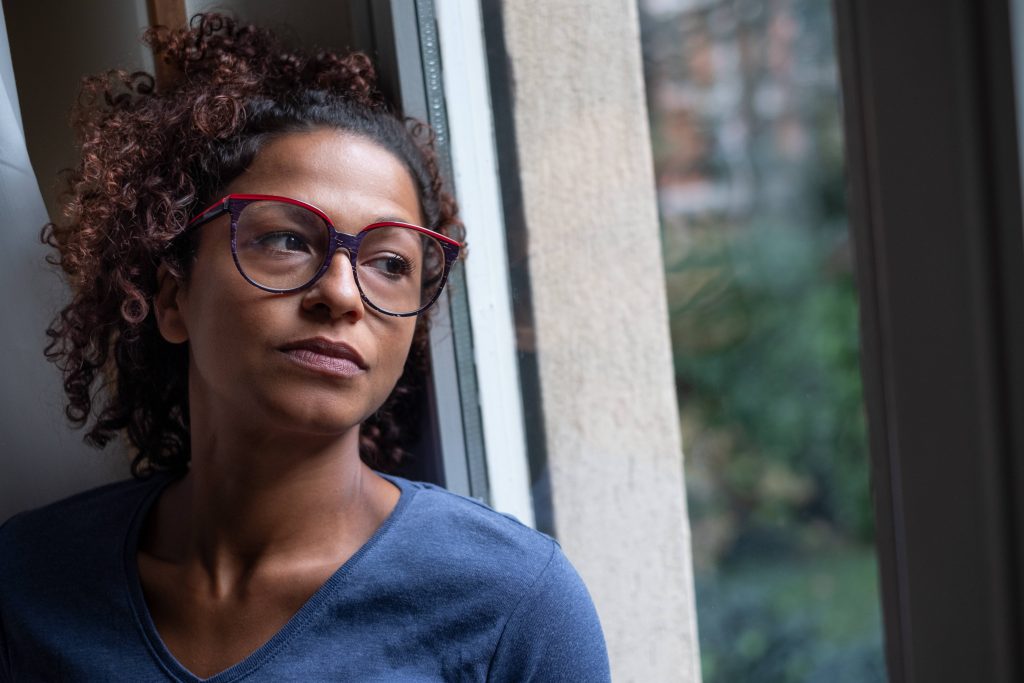-
Coronavirus grief: Coping with the loss of routine during the pandemic

It isn't easy adjusting to changes brought on by the pandemic. Consider how to deal with grief caused by the loss of your normal routine.
The coronavirus disease 2019 (COVID-19) pandemic has changed people's lives in many ways. In addition to feeling grief over the loss of life caused by COVID-19, you're likely grieving the loss of your normal routine.
Understanding grief caused by the coronavirus pandemic
Stay-at-home restrictions to prevent the spread of COVID-19 have affected people's jobs, the way kids go to school and play, and the ability to gather in person with family and friends. These measures have also changed how people shop, worship, exercise, eat and seek entertainment. As a result, the pandemic has had a major psychological impact, causing people to lose a sense of safety, predictability, control, freedom and security.
Why is the loss of your routine so upsetting? You might not realize it, but you don't only feel attachments to other people. You also probably feel powerful attachments to your work and certain places and things. The experience of losing these attachments, however, isn't as well-defined as some losses. And unexpected endings can cause strong emotions. This can make it hard to deal with what's happened and move forward.
You might also find that changes brought on by the pandemic are affecting your sense of self. For instance, if your identity is closely tied to your job, losing your job could trigger an identity crisis.
Signs and symptoms of grief
Grief might cause you to feel numb or empty, angry, or unable to feel joy or sadness. You might also have physical symptoms, such as trouble sleeping or eating, excess fatigue, muscle weakness, or shakiness. You might have nightmares or socially withdraw.
Keep in mind, however, that grief can also have some positive effects. For example, you might feel grateful for brave and caring people in your community. You might have an increased appreciation for your relationships and have a desire to help others who are experiencing similar losses.
Coping with coronavirus grief
As awful as it might feel, grief serves an important purpose. Grief helps you recognize that you've experienced a loss and that you're going to need to adapt.
To deal with your grief:
- Pay attention to your feelings. Name what you've lost due to the pandemic. It might help to write this down in a journal. Allow yourself to feel sadness or cry.
- Think about your strengths and coping skills. How can they help you move forward? Consider other tough transitions you've been through, such as a previous job change or divorce. What did you do that helped you recover?
- Stay connected. Don't let social distancing prevent you from getting the support you need. Use phone calls, text messages, video chats and social media to stay in touch with family and friends who are positive and supportive. Reach out to those in similar situations. Pets also can provide emotional support.
- Create an adapted routine. This can help preserve a sense of order and purpose, despite how much things may have changed. In addition to work or online learning, include activities that might help you cope, such as exercise, worship or hobbies. Keep a regular sleep schedule and try to maintain a healthy diet.
- Limit your news diet. Spending too much time reading or listening to news about the COVID-19 pandemic can cause you to focus heavily on what you've lost, as well as increase anxiety.
- Remember the journey. If you've lost your job, you don't have to let the way it ended define the whole experience. Consider some of your good memories and the big picture.
As you adjust to a new reality and focus on the things you can control, your feelings of grief are likely to lessen.
If you're having trouble coping with your grief over changes caused by the pandemic, consider seeking help from a mental health provider.
Information in this post was accurate at the time of its posting. Due to the fluid nature of the COVID-19 pandemic, scientific understanding along with guidelines and recommendations may have changed since the original publication date.
Check the Centers for Disease Control and Prevention website for additional updates on COVID-19. For more information and all your COVID-19 coverage, go to the Mayo Clinic News Network and mayoclinic.org.







